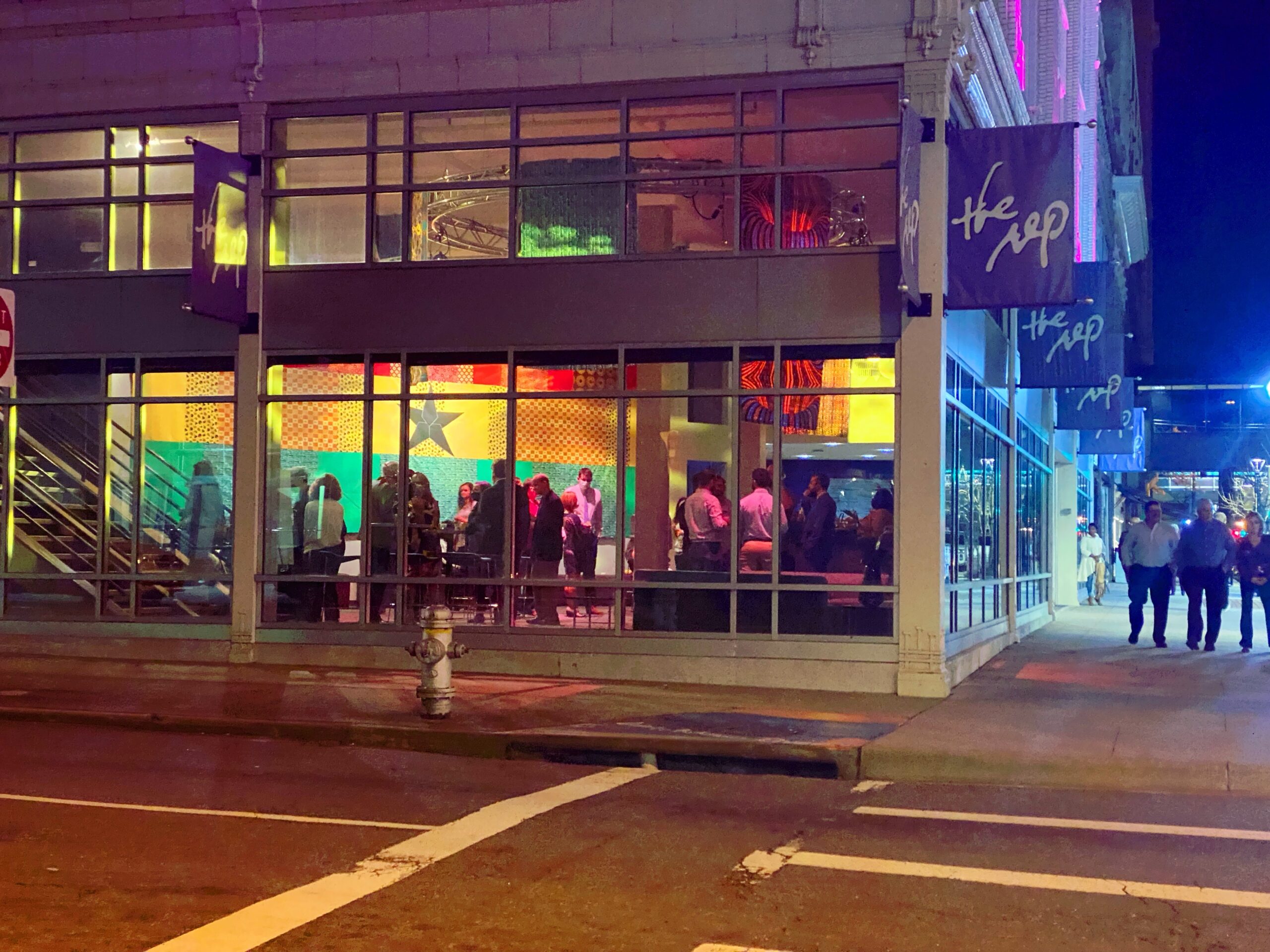Black. Southern. Woman. Poet. Activist — these are just a handful of the identities that are an integral part of my humanity and how I move through this world. Though important to show up in my fullness, there is also a veil of disdain when I am navigating a world that constantly rejects me for my ethnicity and assumed civil standing in a country that was built from a legacy of slave labor. As a young girl, my late grandmother, Leola Strong Brown (affectionately known as “Memaw”), picked cotton in Pelahatchie, Mississippi, later laying roots in Pine Bluff as a wife and mother in the late 1940s. Her hands, a wrinkle in time, lined with the stories of her sacrifices to build a better life for her family, are the same hands that prayed with me, combed my hair, prepared holiday meals and lifted with thanks when good things happened. Those happenings were few and far between. Barriers and access to justice are more like boulders to shoulder, as if the titan Atlas himself was an uncle to me, posed in a position I often feel, weighted with inequities. However, being from The Natural State, a lush haven of mountains, lakes, caves and diamonds, I understand how pressure can create beauty.
Godmother. Sister. Daughter. Traveler. Artist — these are another collective of identities that have fueled my work to dismantle oppressive systems and construct new realities to encourage equity. My primary mediums: theater, poetry and textiles, are utilized for building creative communities through artistic expression. There are a slew of artists who are using their craft to create a tapestry of equity through the arts. Be it visual, literary or tactile, artists are generating a positive relationship with their small towns, city centers and booming metropolises to provoke thought and spark dialogue, interlocking pain with expression, to pursue deeper human connections. In addition to strengthening our equilibrium of co-existing in peace, artists are also leading the charge of preserving humanity through an imaginative historical record and boosting economic activity with their capture. A current recognizable phrase being used to describe how we integrate as society is diversity, equity and inclusion. DEI work, also known as DEIA (adding the “A” for accessibility), is a hot topic, as communities that were traditionally excluded from the table are building their own buffets of justice, trading seats and scraps for thrones and feasts.
An example of such ceremonious table setting is the scale of my recent work, “Black Star: A Love Letter From A Daughter of the Diaspora.” It was seen on display in March 2022 at the Arkansas Repertory Theatre, held as a flagship institution of performance art in Central Arkansas, during their production of “School Girls; Or, the African Mean Girls Play” by Jocelyn Bioh. My lobby installation featured a 32 1/2- by 12-foot Ghanaian Flag quilt, swallowing the entire theater, visible from the heavy traffic at the corner of Sixth and Main streets, as a testament to every iota of my being. A diverse threading of young, old, professional, creative and a rainbow of ethnicities stood under the red, gold and green bands, centered with a black star, making their own quilted cool of connection. That declaration in the cloth ignited many conversations about origin, art, beauty, culture and, most importantly, the crux of my work as an artist: equity. These dialogues are necessary and simulated by art; whether it’s an installation, mural or sculpture, they help us interact in rural and urban settings, hopefully allowing progress to be made.
Stitch(her). Make(her). Create(her) — these identities are at the intersection of a cotton blossom of a girl from Little Rock, who fully bloomed in her world travels and returned to the South to promote freedom. It is in that freedom where I perfect my work, amplify my voice and the voices of others, to fight for change and advocate for communities where people of color can exist without agitation, oppression or question. It is the balance of justice, art, design, renewal and development that can erect a stronger sense of togetherness. But this work is not my work alone. There is room for everyone to light a candle on the altar of liberty. There are enough thrones for us all to dine like royalty at the table of freedom.
Crystal C. Mercer is an Afro-creative, textile artist, actor, activist, poet, author, creative director of Columbus Creative Arts + Activism, and designer and lead merchant of Mercer Textile Mercantile.



